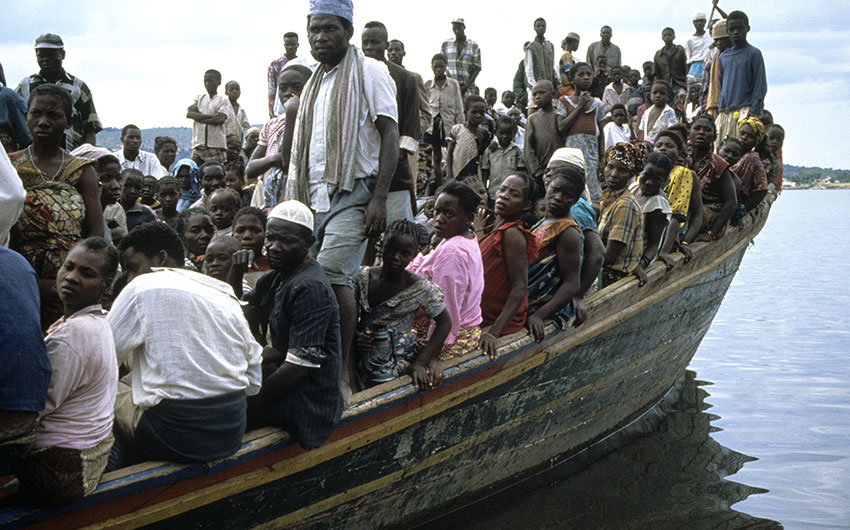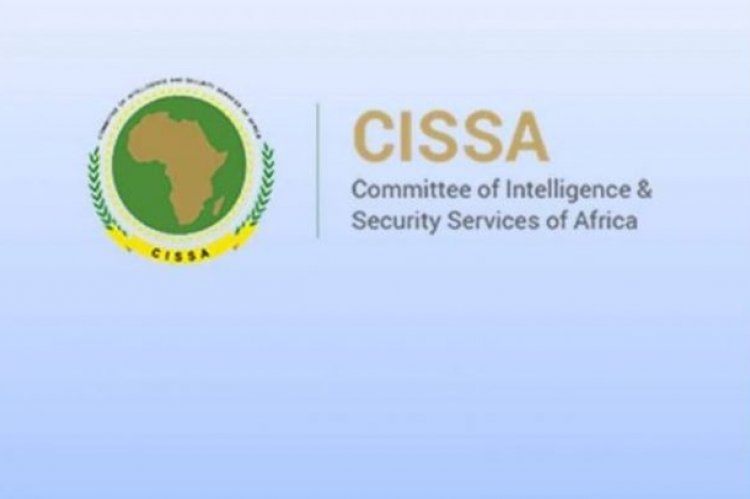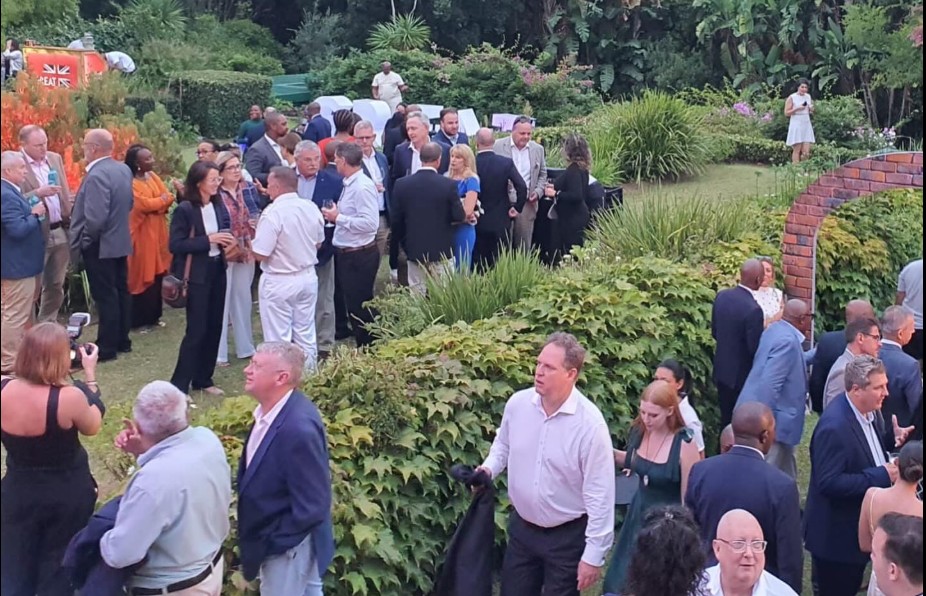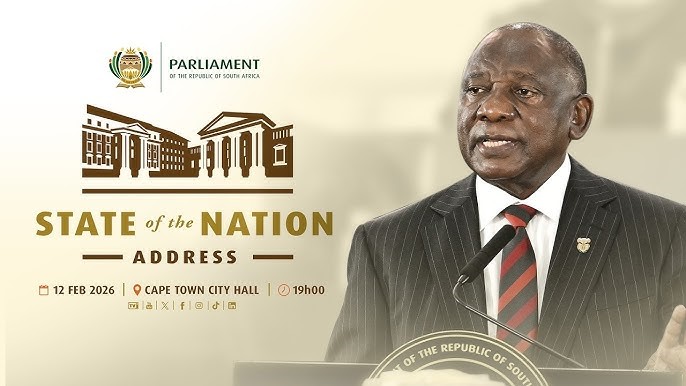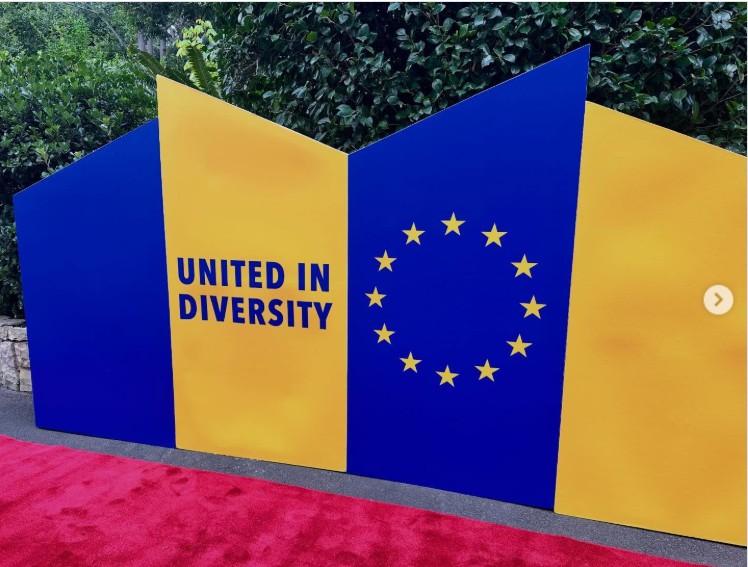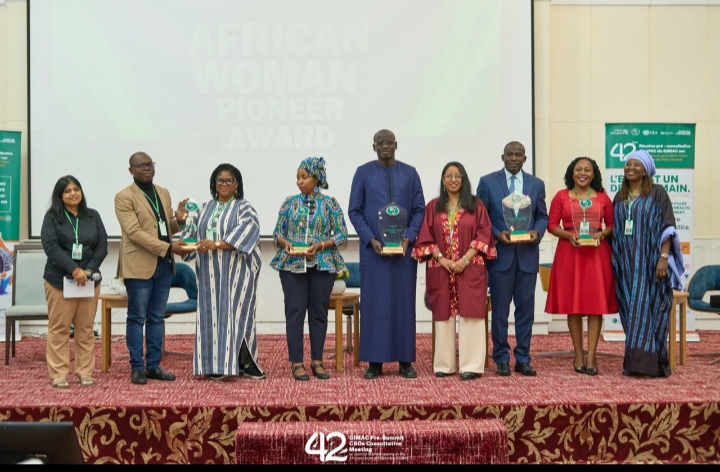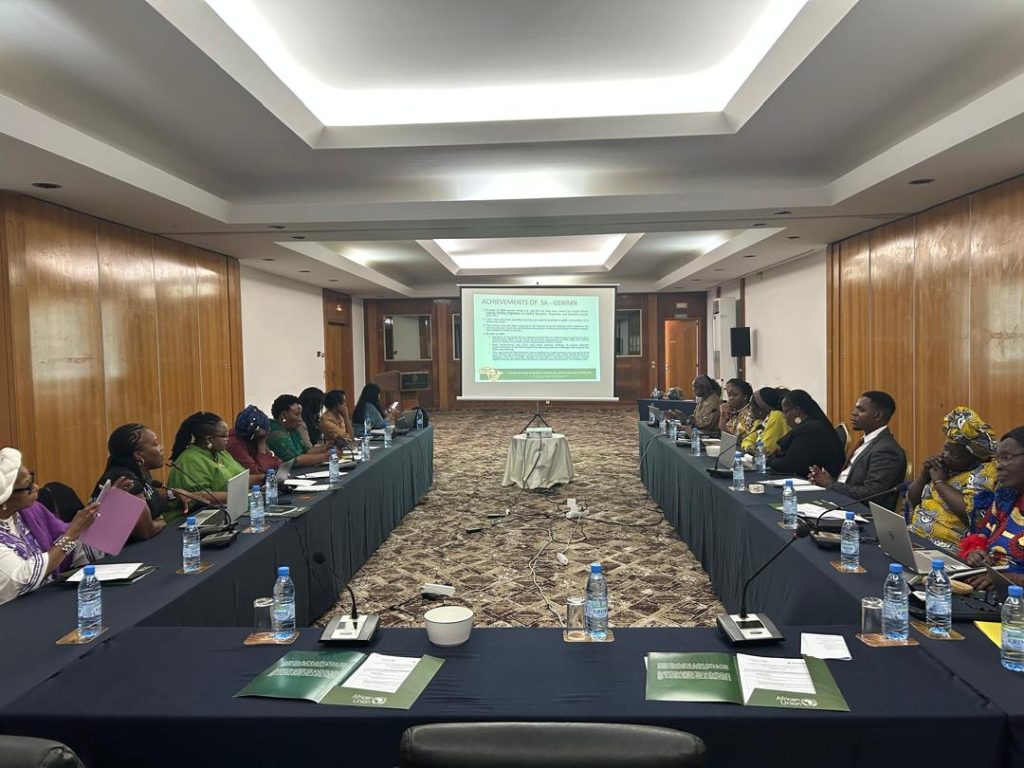The first Conflict Trends of 2016 is now out! This special issue of ACCORD’s Conflict Trends highlights some of the most pressing peacebuilding challenges that confront the Great Lakes Region.
The countries of Africa’s Great Lakes Region are inextricably linked through geography, history and culture, tracing back over many centuries. The region comprises over 143 million people and 2.6 million square kilometres of land, and has been afflicted by persistent violent conflicts both during colonial times and since Africa’s independence era. However, emerging comprehensive and multidimensional approaches to conflict prevention and peacebuilding in the region mark a new era in Africa’s ownership of its development.
ACCORD’s Founder and Executive Director Vasu Gounden notes in his editorial that this special issue of the publication reflects on the experiences of ACCORD, the Nairobi Peace Initiative (NPI)-Africa and the Global Partnership for the Prevention of Armed Conflict (GPPAC) Secretariat, in implementing a joint project, the Great Lakes Project (GLP), that sought to forge relations across sectors (state and non-state) and across different countries, in the region while keeping a clear and consistent focus on the common thread of peacebuilding. Undertaken with the kind support of the Dutch Ministry of Foreign Affairs, the project has strived to achieve three core objectives:
- to strengthen local civil society organisations’ (CSOs) conflict prevention and peacebuilding capacities through shared experiences, insights and lessons across the region;
- to support and complement the work of the International Conference on the Great Lakes Region (ICGLR) as a regional mechanism through which CSOs can voice local, national and regional concerns and issues; and
- to support the review and streamlining of national peacebuilding frameworks in the Great Lakes Region for stability.
Mr Gounden observes that the GLP model, exemplified through non-state actors working to promote regional efforts for sustainable conflict prevention and peacebuilding, can be applied to other regions of the world, especially those confronted by complex regional security and peacebuilding challenges. While the GLP does not claim to have addressed all the peacebuilding dynamics confronting the Great Lakes Region, the outcomes achieved in this work will leave a lasting and positive influence on the region at large.
The issue’s articles further specifically examine conflict in the region, regional capacity building for conflict prevention and peacebuilding, refugees in the region, civil society-government cooperation, conflict management responses in Burundi vs. Ukraine, and prevention and responses to conflict related sexual violence, exploitation and abuse by peacekeepers in the Great Lakes region.
The publication may be read online or downloaded for free on our site here.
For more information on this or other ACCORD publications please write to publications@accord.org.za.

